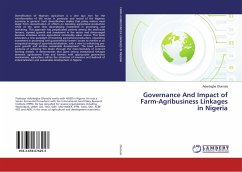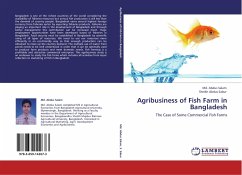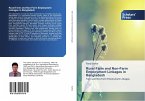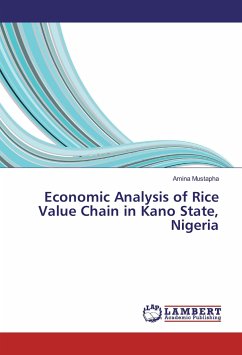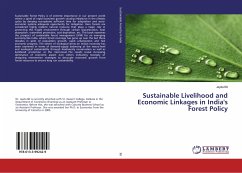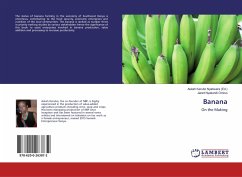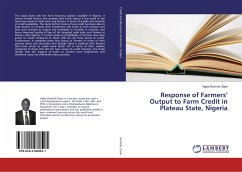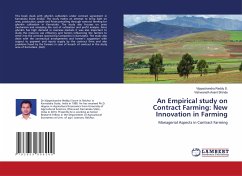Diversification of Nigerian agriculture is a sine qua non for the transformation of the sector in particular and revival of the Nigerian economy in general. Such diversification implies that policy makers must desist from concentration of efforts on boosting agricultural production while at the same time downplaying investment in processing and marketing. This approach has perpetuated poverty among the small-scale farmers, stymied growth and investment in the sector and discouraged business initiatives across agricultural commodity value chains. This book advocates a new paradigm of boosting agricultural production, expanding investment in processing and guaranteeing farmers' access to market as an integrated strategy of agro-industrialization; with a view to enhancing pro-poor growth and achieve sustainable development. The book provides evidence of achieving this desire through the instrumentality of contract farming models. It demonstrates that given strong institutional linkages between agribusiness firms and farmers with appropriate governance mechanisms, agriculture will be the attraction of investors and bedrock of industrialization and sustainable development in Nigeria.

